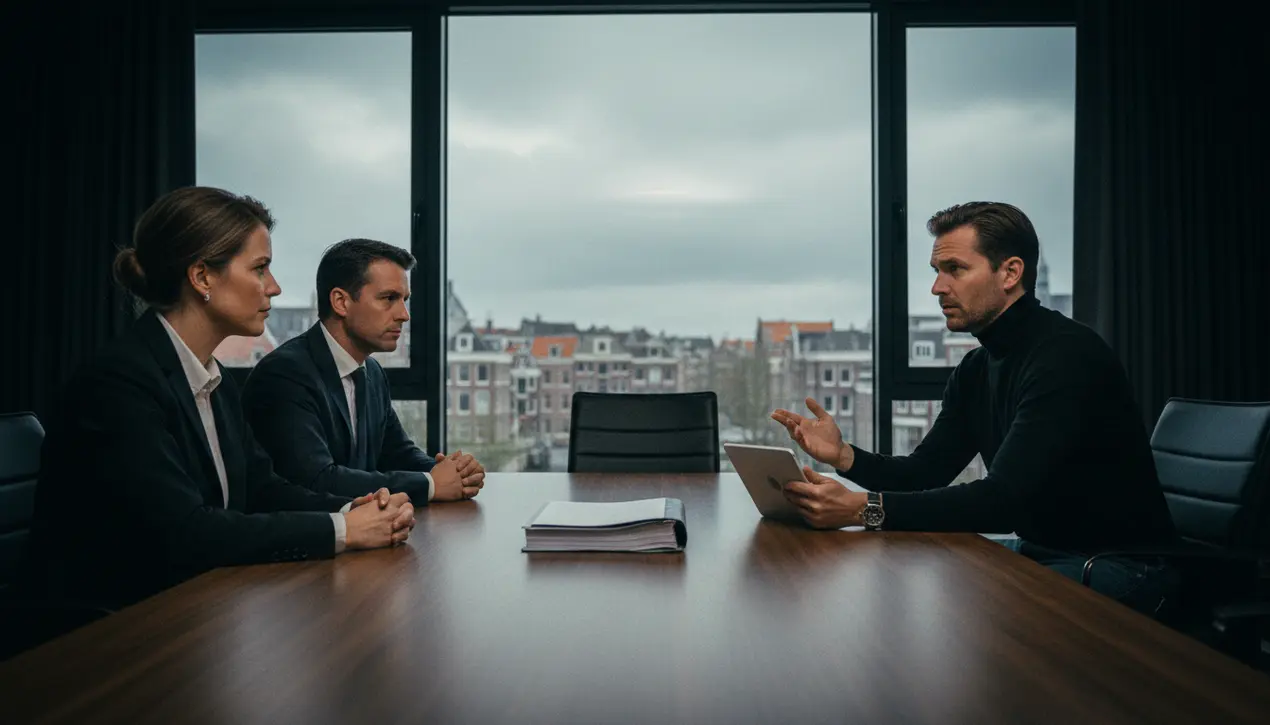
AIai regulationEU AI Act
EU Regulator May Not Approve Tesla FSD Software
OL
Oliver Scott
24 hours ago7 min read5 comments
In a development that underscores the persistent regulatory chasm facing advanced automotive technologies, Tesla's weekend assertion of an imminent Dutch approval for its Full Self-Driving software has been met with a stark reality check from the very regulator it cited, casting a long shadow over the company's European ambitions and highlighting a familiar pattern of corporate-regulatory friction. The initial claim, broadcast via social media, suggested that the Netherlands' Vehicle Authority (RDW) was on the cusp of green-lighting the contentious system, a move that would have represented a significant, and perhaps premature, beachhead for the technology in the tightly regulated European Union.However, subsequent clarifications from the RDW itself have sharply contradicted Tesla's optimistic timeline, indicating that the approval process remains very much in the evaluation phase, a scenario that any political risk analyst would recognize as a classic case of misaligned expectations between a disruptive innovator and a cautious, process-driven oversight body. This incident is not an isolated shock but rather a predictable escalation in the long-running tension between Tesla's aggressive, iteration-first deployment strategy and the EU's methodical, safety-first regulatory framework, a framework that has historically been less permeable than its U.S. counterpart.The core of the dispute lies in the very nomenclature of 'Full Self-Driving'—a term that EU regulators view with extreme skepticism, as it implies a level of autonomy that the current system does not possess, potentially creating dangerous public misconceptions and liability nightmares. From a risk-assessment perspective, the potential consequences of a misstep here are monumental; a premature approval could not only trigger a continent-wide safety crisis but also ignite a political firestorm, empowering consumer protection groups and rival automakers who advocate for a more measured approach.Conversely, a protracted delay or outright rejection would deal a severe blow to Tesla's brand narrative as a leader in autonomous technology, potentially stalling its market growth in a critical region and emboldening competitors like Volkswagen and Stellantis, who are developing their own, often more conservatively branded, advanced driver-assistance systems. This regulatory standoff mirrors historical precedents where transformative technologies, from genetically modified organisms to data privacy frameworks, have collided with Europe's precautionary principle, a doctrine that prioritizes preventative action in the face of uncertain risks.Expert commentary from within the automotive policy sphere suggests that Tesla's social media gambit may have been a calculated pressure tactic, an attempt to create a fait accompli and sway public opinion, a high-risk strategy that has now backfired, potentially hardening the RDW's position. Looking forward, the scenario planning points to several possible outcomes: a heavily neutered version of FSD being approved for limited use on specific motorways, a multi-year stalemate requiring significant technical concessions from Tesla, or a domino effect where other EU member states, taking their cue from the Dutch regulator's caution, erect further barriers. The ultimate resolution will serve as a critical case study in whether a corporation's disruptive velocity can be reconciled with the EU's intricate, multi-layered governance structures, a high-stakes negotiation whose outcome will reverberate through the entire global automotive and tech industries for years to come.
#Tesla
#Full Self-Driving
#EU Regulation
#Autonomous Vehicles
#Regulatory Approval
#lead focus news
Stay Informed. Act Smarter.
Get weekly highlights, major headlines, and expert insights — then put your knowledge to work in our live prediction markets.
Related News
Comments
Loading comments...
© 2025 Outpoll Service LTD. All rights reserved.